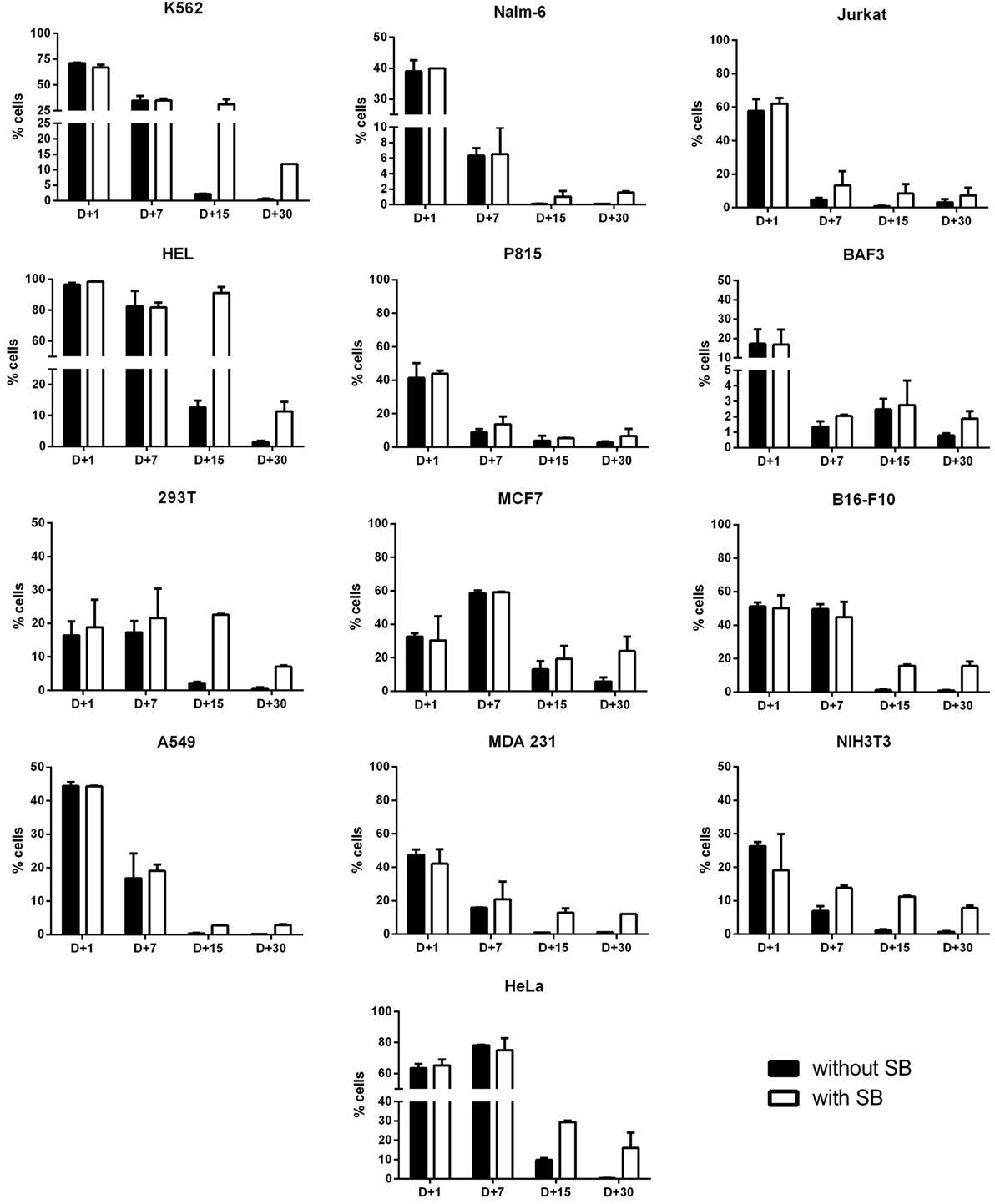The Science Of Digital Media Jennifer Burg Pdf Download

• • • A blog (a of the expression ' weblog') is a discussion or informational published on the consisting of discrete, often informal -style text entries ('posts'). Posts are typically displayed in reverse chronological order, so that the most recent post appears first, at the top of the web page.

Acknowledgement: Template development was based on the resources below and the Digital Library. Curriculum project: [1] Yue-Ling Wong, Jennifer Burg, and Leah McCoy, “Integrated Digital Media Curriculum. Development Project” Supported by the National Science Foundation under Grant No.
Download Maria Schneider Orchestra Rapidshare Library. Until 2009, blogs were usually the work of a single individual, [ ] occasionally of a small group, and often covered a single subject or topic. In the 2010s, 'multi-author blogs' (MABs) have developed, with posts written by large numbers of authors and sometimes professionally edited. MABs from, other media outlets,,,, and similar institutions account for an increasing quantity of blog traffic. The rise of and other ' systems helps integrate MABs and single-author blogs into the news media. Blog can also be used as a verb, meaning to maintain or add content to a blog. The emergence and growth of blogs in the late 1990s coincided with the advent of web publishing tools that facilitated the posting of content by non-technical users who did not have much experience with.
An encryption method is presented with the novel property that publicly revealing an encryption key does not thereby reveal the corresponding decryption key. 2 School of Information and Library Science, University of North Carolina – Chapel Hill. Chapel Hill, NC. Tion and Library Science (LIS) are developing curricular materials for digital li- brary (DL) education. Yue-Ling Wong, Jennifer Burg, and Leah McCoy, “Integrated Digital Media Curriculum. Pscad Crack Version Means.
Previously, a knowledge of such technologies as and had been required to publish content on the Web, and as such, early Web users tended to be and computer enthusiasts. In the 2010s, the majority are interactive websites, allowing visitors to leave online comments, and it is this interactivity that distinguishes them from other static websites. In that sense, blogging can be seen as a form of. Sunderkand Mp3 By Rameshbhai Oza Free Download. Indeed, bloggers do not only produce content to post on their blogs, but also often build social relations with their readers and other bloggers.
However, there are high-readership blogs which do not allow comments. Many blogs provide commentary on a particular subject or topic, ranging from politics to sports. Others function as more personal, and others function more as of a particular individual or company. A typical blog combines text, digital images, and links to other blogs,, and other media related to its topic. The ability of readers to leave publicly viewable comments, and interact with other commenters, is an important contribution to the popularity of many blogs. However, blog owners or authors often moderate and filter online comments to remove or other offensive content. Most blogs are primarily textual, although some focus on art (), photographs (), videos ( or 'vlogs'), music (), and audio ().
In education, blogs can be used as instructional resources. These blogs are referred to as. Is another type of blogging, featuring very short posts. On 16 February 2011, there were over 156 million public blogs in existence.
On 20 February 2014, there were around 172 million and 75.8 million blogs in existence worldwide. According to critics and other bloggers, is the most popular blogging service used today. However, Blogger does not offer public statistics. Lists 1.3 million blogs as of February 22, 2014. Main articles: and The term 'weblog' was coined by on 17 December 1997.
The short form, 'blog', was coined by Peter Merholz, who jokingly broke the word weblog into the phrase we blog in the sidebar of his blog Peterme.com in April or May 1999. Shortly thereafter, at used 'blog' as both a noun and verb ('to blog', meaning 'to edit one's weblog or to post to one's weblog') and devised the term 'blogger' in connection with Pyra Labs' product, leading to the popularization of the terms.
Origins Before blogging became popular, digital communities took many forms, including, commercial online services such as, (BIX) and the early,, and (BBS). In the 1990s, software, created running conversations with 'threads'. Threads are topical connections between messages on a virtual '.
From 14 June 1993, Mosaic Communications Corporation maintained their 'What’s New' list of new websites, updated daily and archived monthly. The page was accessible by a special 'What's New' button in the Mosaic web browser. The modern blog evolved from the, where people would keep a running account of the events in their personal lives. Most such writers called themselves diarists,, or journalers., who began personal blogging in 1994 while a student at, is generally recognized as one of the earlier bloggers, as is. 's Scripting News is also credited with being one of the older and longer running weblogs. The Australian Netguide magazine maintained the Daily Net News on their web site from 1996. Daily Net News ran links and daily reviews of new websites, mostly in Australia.